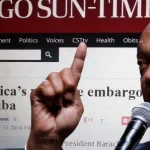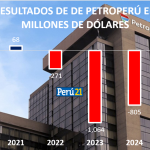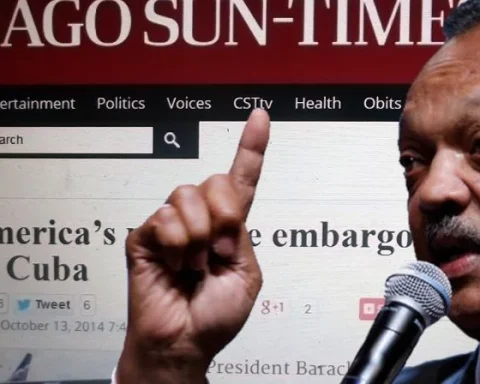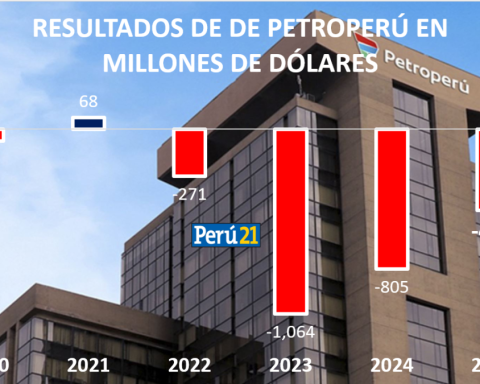The Ministry of Health published yesterday (22) an ordinance officially ending the Public Health Emergency of National Importance (ESPIN) due to covid-19. Published in extra edition of the Official Gazette of the Union, the ordinance takes effect 30 days from now for adaptation by the federal, state and municipal governments. the norm was signed yesterday (22) by Minister Marcelo Queiroga.
The text warns of the need to maintain the National Contingency Plan for Human Infection by the new Coronavirus, “based on the constant technical assessment of the possible risks to Brazilian public health and the necessary actions to face them”.
At the time of signing the ordinance, Queiroga said that the Unified Health System is able to maintain the actions and the contribution of resources for health surveillance.
“Even if we have cases of covid-19, because the virus will continue to circulate, if there is a need for care in primary care and ICU beds, we are in a position to attend”, he said, at a press conference.
One of the impacts of the end of the emergency falls on restriction and prevention measures, such as the mandatory use of masks, defined by states and municipalities. Queiroga stated that “this type of measure no longer makes sense”. Another effect of the end of the emergency will be on the requirement of vaccination for access to closed places, a measure, by the way, criticized by the minister.
Divergence
This week, the councils of health secretaries of states (Conass) and municipalities (Conasems) questioned the end of the emergency and asked for a longer period of 90 days, instead of 30 days, for adaptation.
“At the risk of lack of assistance to the population, we ask the Ministry of Health that the revocation of Ordinance MS/GM No. focused on the mobilization for vaccination and the elaboration of a recovery plan capable of defining indicators and control strategies with integrated surveillance of respiratory syndromes”, says the official letter of the entities.
At the press conference held yesterday, Queiroga commented on the position of the councils of health secretaries and cited the examples of the Federal District and Rio de Janeiro to support the ministry’s position.
“I know that state and municipal secretaries wanted the deadline to be longer. But look, Governor Ibaneis Rocha has already canceled the DF decree and Governor Cláudio Castro will do the same in Rio de Janeiro. I don’t see much difficulty for state and municipal secretariats to adapt”.
















